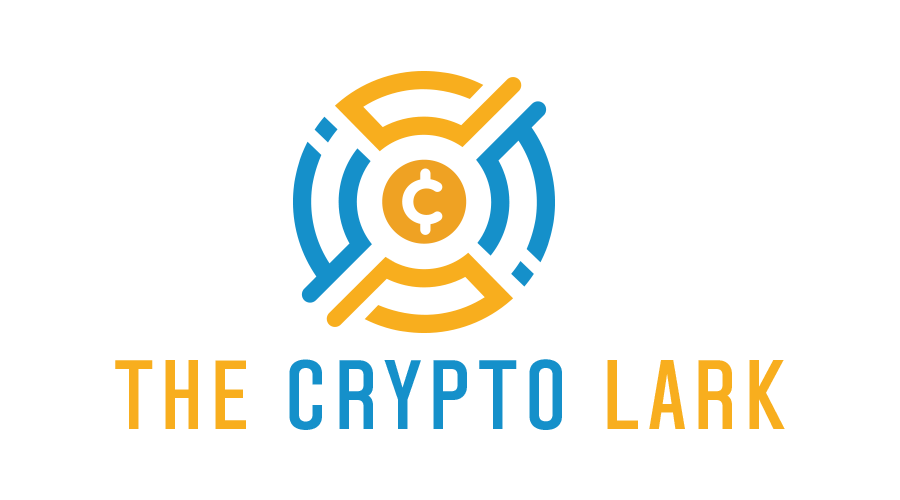Unveiling the Future: Quantum Computing Meets Blockchain
Quantum computing is emerging as a revolutionary force in the tech world, promising to solve complex problems at unprecedented speeds. While this innovation holds immense potential across various fields, it also poses significant challenges, particularly to the security of blockchain technology. As cryptocurrencies and blockchain networks grow in importance, understanding the impact of quantum computing on blockchain security becomes crucial.
Quantum Computing: A Brief Overview
Quantum computers leverage the principles of quantum mechanics to process information in fundamentally different ways compared to classical computers. Utilizing qubits, which can exist in multiple states simultaneously, quantum computers can perform calculations at exponentially faster rates. This capability could revolutionize fields like cryptography, medicine, and logistics.
Blockchain Security: The Current Landscape
Blockchain technology underpins cryptocurrencies, providing a decentralized, immutable ledger of transactions. Security in blockchain relies heavily on cryptographic algorithms to protect data integrity and user privacy. For instance, Bitcoin and many other cryptocurrencies use the SHA-256 hashing algorithm and elliptic curve cryptography (ECC) to secure transactions and control the creation of new coins.
Blockchain explorers, such as those available on 77.me, allow users to view confirmed transactions and verify the integrity of the blockchain. These tools are essential for maintaining transparency and trust in the blockchain network.
The Quantum Threat to Blockchain
Quantum computing poses a significant threat to blockchain security because of its potential to break widely used cryptographic algorithms. The computational power of quantum computers could theoretically solve the complex mathematical problems that secure blockchain networks much faster than classical computers. Specifically, quantum computers could:
- Break Hash Functions: Quantum algorithms like Grover’s algorithm could potentially undermine the security of hash functions used in blockchains. This could allow malicious actors to alter transaction records, compromising the integrity of the blockchain.
- Crack Public-Key Cryptography: Shor’s algorithm, a quantum algorithm, can efficiently solve the mathematical problems underlying ECC. This would enable quantum computers to derive private keys from public keys, allowing unauthorized access to cryptocurrency wallets.
Enhancing Blockchain Security in the Quantum Era
To mitigate the risks posed by quantum computing, the blockchain community is actively exploring quantum-resistant cryptographic algorithms. These post-quantum cryptographic methods are designed to withstand attacks from quantum computers, ensuring the continued security of blockchain networks.
Quantum-Resistant Algorithms
Several quantum-resistant algorithms are currently being developed and tested. These include lattice-based cryptography, hash-based cryptography, and multivariate polynomial cryptography. By integrating these algorithms into blockchain protocols, developers aim to future-proof the security of digital assets.
The Role of Blockchain Explorers
Blockchain explorers, such as those on 77.me, will play a crucial role in monitoring and verifying the implementation of quantum-resistant algorithms. By providing transparency and real-time data on confirmed transactions, blockchain explorers help ensure that the network remains secure and trustworthy even as it adapts to new cryptographic standards.
Is Staking Crypto Worth It in a Quantum World?
As the blockchain ecosystem evolves, staking has become a popular method for earning rewards and supporting network security. However, the advent of quantum computing raises questions about the future viability of staking.
Staking relies on the security of underlying cryptographic algorithms. If these algorithms are compromised by quantum computing, the staking process could be at risk. However, with the development and implementation of quantum-resistant cryptography, staking can remain a viable and rewarding activity. Investors must stay informed about advancements in quantum security and choose staking platforms that are proactive in adopting quantum-resistant technologies.
The Path Forward
The intersection of quantum computing and blockchain security represents both a challenge and an opportunity. While quantum computing threatens current cryptographic standards, it also drives innovation in developing more robust security measures.
The blockchain community, including platforms like 77.me, is at the forefront of this technological evolution, ensuring that blockchain networks remain secure and resilient. By adopting quantum-resistant cryptographic algorithms and maintaining transparency through blockchain explorers, the industry can safeguard the future of digital assets.
Conclusion: Navigating the Quantum Frontier
Quantum computing is poised to transform the technological landscape, including the realm of blockchain security. While the potential threats are significant, the proactive development of quantum-resistant algorithms and the vigilant use of blockchain explorers can mitigate these risks. As the blockchain industry continues to evolve, staying ahead of quantum advancements will be essential for maintaining the security and integrity of digital currencies and decentralized networks.


